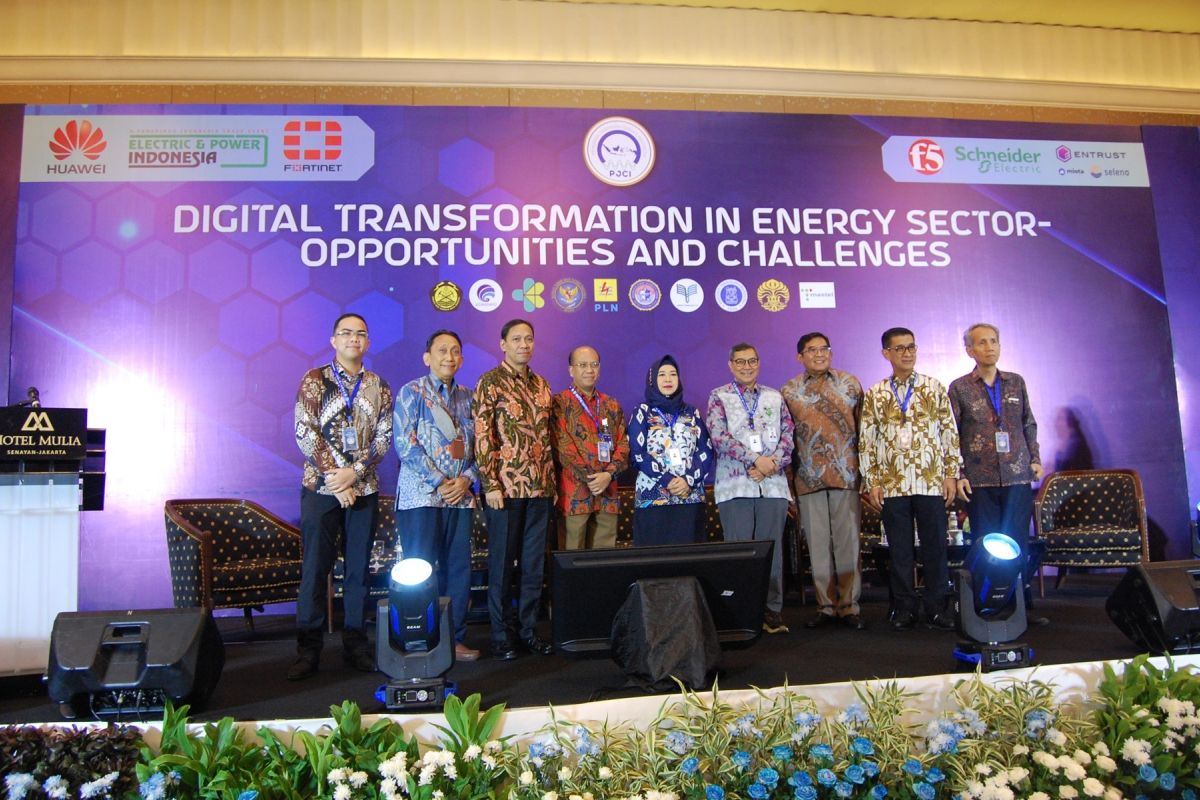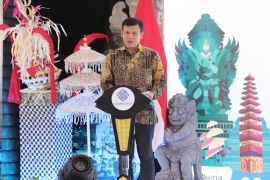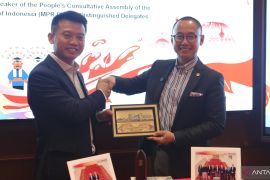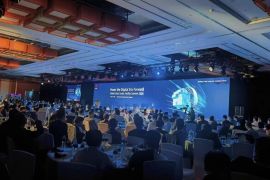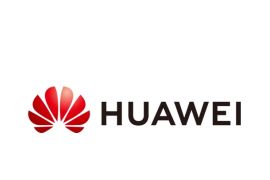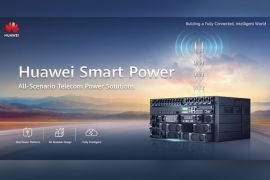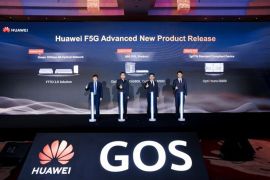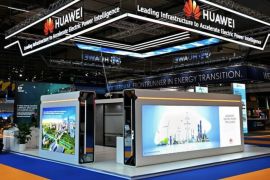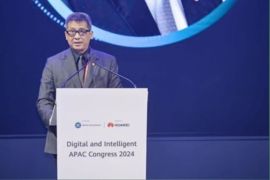Jakarta (ANTARA) - The digital transformation wave is poised to empower the energy sector, further bolstering its contribution to national economic growth. The advent of advanced digital technology has not only disrupted traditional business models across various industries but also ushered in significant changes within the energy sector.
The successful evolution of this sector toward a digitally-driven landscape hinges on the adept deployment of Information and Communication Technology (ICT) solutions. ICT plays a pivotal role in propelling growth, revolutionizing production, transmission processes, and refining energy consumption protocols.
Digital transformation's far-reaching impact on the energy sector is indisputable. It not only facilitates improved operational efficiency and cost reduction but also enhances workplace safety, data processing, and fortification against the menacing specter of cyberattacks. These transformative facets took center stage in a seminar titled "Digital Transformation in the Energy Sector – Opportunities and Challenges," organized by the Indonesian Smart Network Initiative (PJCI), a non-profit organization. The event garnered support from Huawei and the National Cyber and Crypto Agency (BSSN).
As the energy sector undergoes digital transformation, the imperative for heightened awareness regarding the looming cyber threat intensifies. In response, Huawei is committed to a collaborative effort with all stakeholders within the energy sector to deliver a digital security framework capable of preempting cyber threats.
Victor Lapian, Huawei Asia Pacific ICT Solution CTO, emphasized, "Huawei recognizes the paramount of cybersecurity systems and empathizes with the concerns of government agencies and industry players. Yet, this journey cannot be embarked upon in isolation. Hence, Huawei is prepared to collaborate with government agencies, industry participants, academia, and other partners who can contribute to proactively mitigating cyber threats. This aligns with Huawei's dedication to fostering a secure and conducive digital environment in Indonesia."
Holmi Noviana, Director of Cybersecurity and Crypto for Energy and Natural Resources at BSSN, underlined the shared responsibility of stakeholders in enhancing cybersecurity awareness, particularly in the context of digital transformation and safeguarding vital information in the energy sector. She noted, "Huawei's wealth of ICT expertise and solutions can significantly empower energy sector participants to bolster their cybersecurity frameworks."
Eddie Widiono, Founder and Chairman of PJCI, highlighted the seminar's achievement in consolidating a consensus on the imperative for close collaboration among stakeholders to expand outreach and ensure inclusivity within the energy sector. He noted, "The seminar has also enriched comprehension of digital technology implementation and cybersecurity measures. Huawei's advanced technology can serve as a cornerstone in accelerating the digitalization of the energy sector, providing added security and sustainability to the digital economy."
Sarwoto Atmosutarno, Chairman of the Indonesian Telematics Society (MASTEL), expounded the significance of the energy sector in the broader digital economy landscape, stating, "The digital economy encompasses diverse industrial sectors, each with its distinct roles and depth of impact. The energy sector stands as a foundational pillar underpinning the digital economy, much like ICT industry players such as Huawei in shaping a secure and productive digital ecosystem."
By the close of the first semester of 2023, Indonesia had achieved an electrification ratio of 99.72%, a remarkable leap from the 88.3% recorded in 2015. Digitalization within the energy sector is poised to facilitate the government's drive to ensure equitable access to electricity throughout Indonesia. This transformation will bring about operational efficiency, enhance performance effectiveness, and reinforce the energy sector's resilience against the looming cyber threat landscape.
Huawei is a leading global provider of information and communications technology (ICT) infrastructure and smart devices. With integrated solutions across four key domains – telecom networks, IT, smart devices, and cloud services – Huawei is committed to bringing digital to every person, home and organization for a fully connected, intelligent world. Huawei's end-to-end portfolio of products, solutions and services are both competitive and secure. Through open collaboration with ecosystem partners, Huawei create lasting value for our customers, working to empower people, enrich home life, and inspire innovation in organizations of all shapes and sizes.
At Huawei, innovation focuses on customer needs. Innovation has been fundamental to Huawei's survival and development over the past three decades. Huawei remains committed to expanding exploration of future-oriented cutting-edge technologies and basic research. Huawei invest heavily in basic research, concentrating on technological breakthroughs that drive the world forward. Huawei has approximately 15,000 employees engaged in basic research, including over 700 PhDs specializing in mathematics, over 200 PhDs specializing in physics and chemistry, and over 5,000 PhDs specializing in engineering. Huawei have more than 207,000 employees, and Huawei operate in more than 170 countries and regions. Founded in 1987, Huawei is a private company wholly owned by its employees.
Reporter: PR Wire
Editor: PR Wire
Copyright © ANTARA 2023
